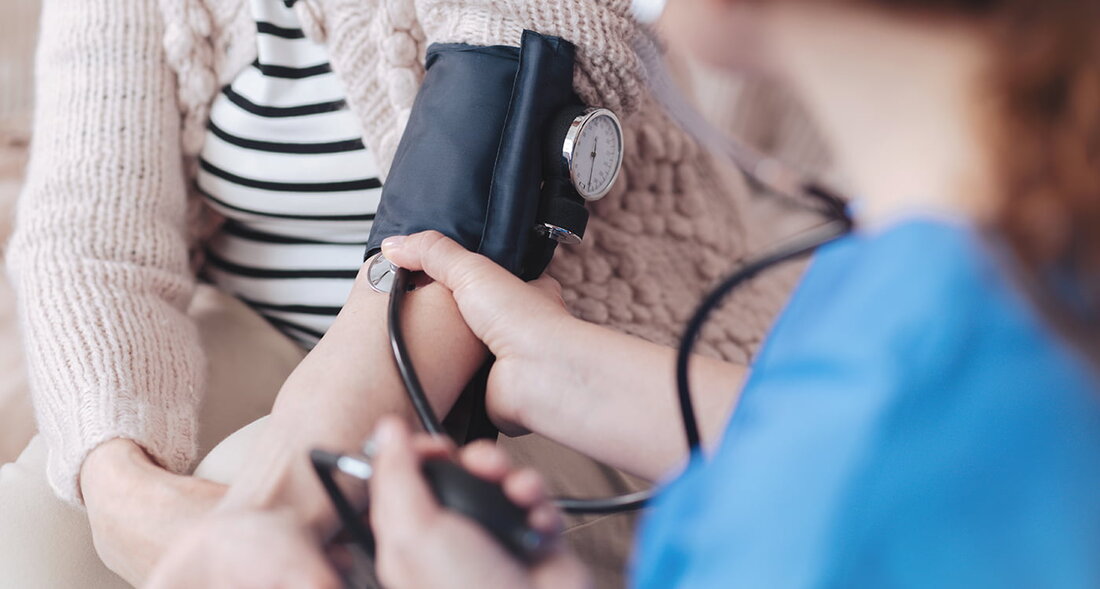Research shows how caffeine affects sleep and blood pressure
Caffeine consumption, high blood pressure, and sleep all appear to be intertwined. You may already know that caffeine is a stimulant found in coffee, tea, and many sodas. Too much caffeine can cause restlessness and nervousness, making it difficult to sleep and increasing blood pressure. Compounding the problem is that a lack of sleep is known to be linked to high blood pressure. Could caffeine be the common factor? In people who do not consume caffeine regularly, caffeine can cause a temporary but severe increase in blood pressure. Researchers don't know exactly why, but it appears that our bodies have a certain tolerance to caffeine...

Research shows how caffeine affects sleep and blood pressure
Caffeine consumption, high blood pressure, and sleep all appear to be intertwined.
You may already know that caffeine is a stimulant found in coffee, tea, and many sodas. Too much caffeine can cause restlessness and nervousness, making it difficult to sleep and increasing blood pressure.
Compounding the problem is that a lack of sleep is known to be linked to high blood pressure. Could caffeine be the common factor?
In people who do not consume caffeine regularly, caffeine can cause a temporary but severe increase in blood pressure. Researchers don't know exactly why, but it appears that our bodies develop a certain tolerance to caffeine and that those who consume caffeine more regularly have some kind of buffer. Some researchers say caffeine narrows blood vessels by inhibiting a hormone that helps keep them dilated. Caffeine can also stimulate the release of the stress hormones cortisol and adrenaline.
Other research has found that regular caffeine drinkers have higher average blood pressure than people who don't drink caffeine. Confusing!
As a precaution, many doctors recommend limiting caffeine intake to 200 milligrams per day - about the amount in two standard cups of brewed coffee. Note that the amount of caffeine in coffee and soft drinks varies from brand to brand.
To find out if caffeine is affecting you, doctors recommend checking your blood pressure within 30 minutes of drinking coffee or other caffeinated drinks. If your blood pressure rises by five to ten points, this indicates that you are sensitive to the effects of caffeine. If you think you want to reduce your caffeine consumption, do so gradually over a period of days to a week to avoid withdrawal symptoms such as headaches.
Inspired by Jenny Jackson

 Suche
Suche
 Mein Konto
Mein Konto
